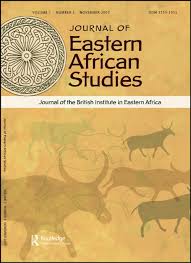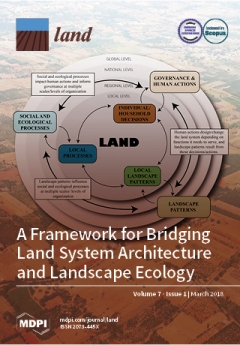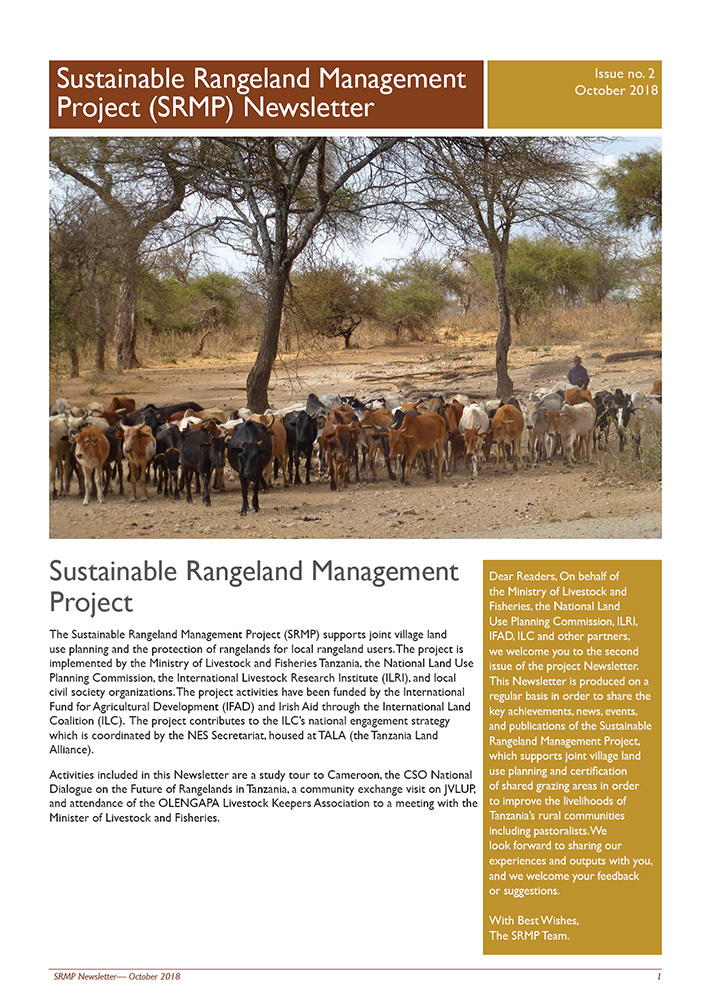Sitting at the table: securing benefits for pastoral women from land tenure reform in Ethiopia
The pastoral areas of Ethiopia are witnessing radical change in terms of both increasingly restricted mobility and access to vital resources. A cause and consequence of such constraints has been a move toward sedentarised forms of livestock and agricultural production. This is occurring in a political and socioeconomic vacuum, in which the customary institutions responsible for resource allocation and access to land are becoming weaker, and where the Ethiopian government has yet to develop a clear policy or strategy for resource distribution and tenure security in pastoral areas.










